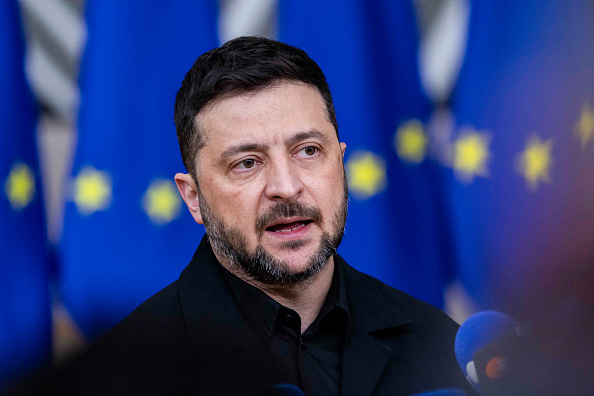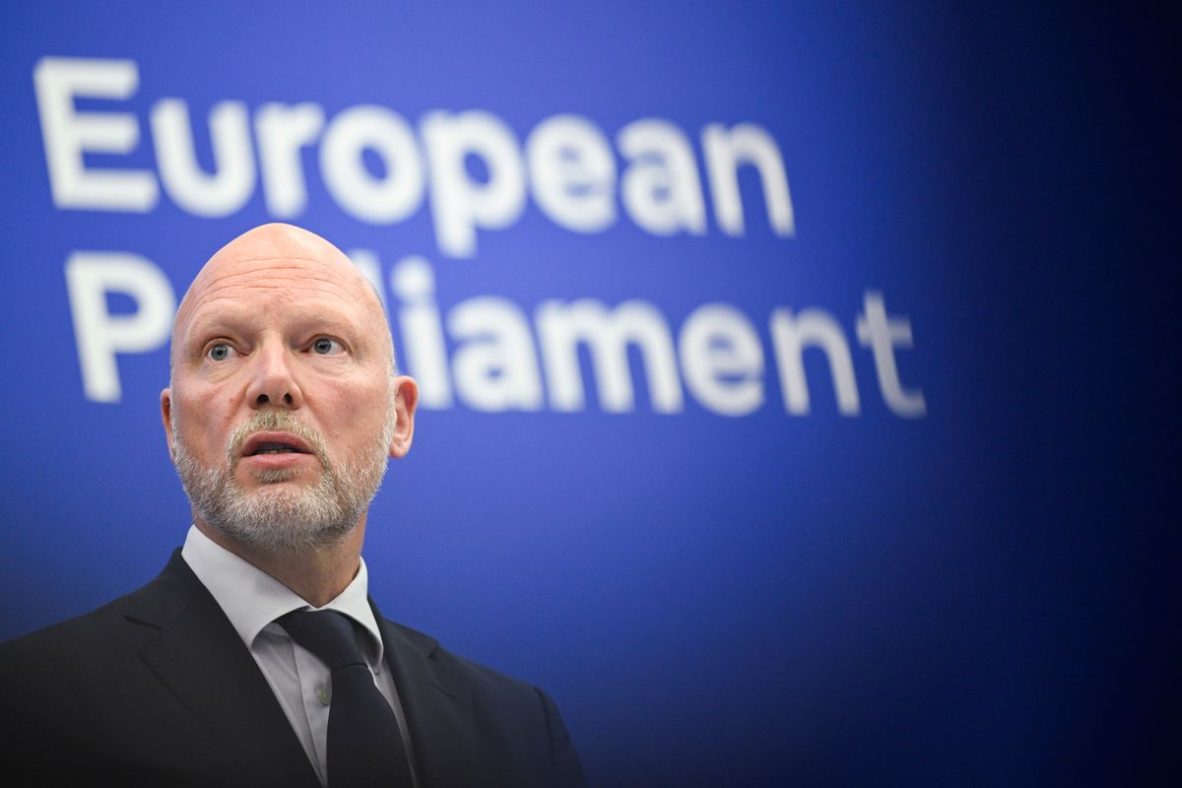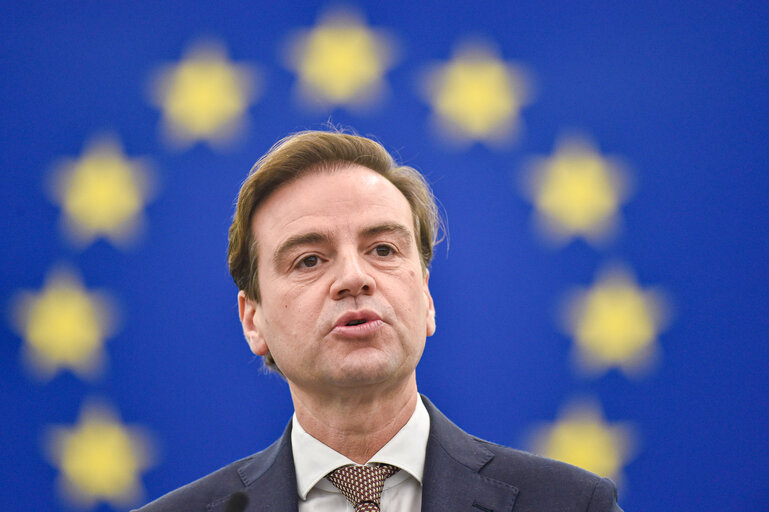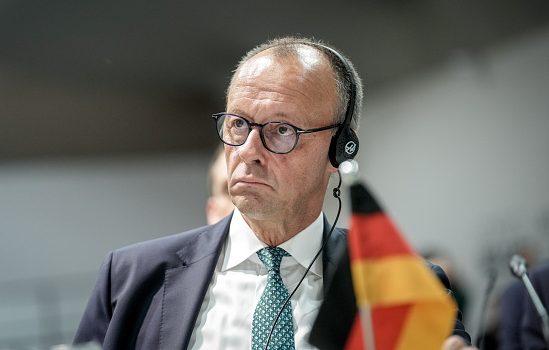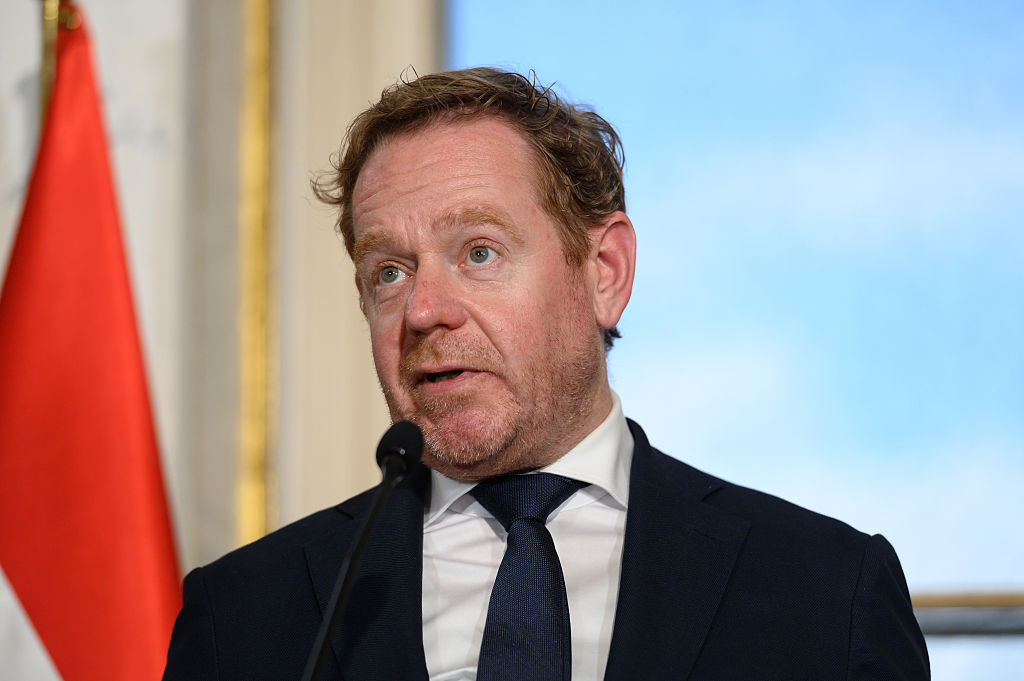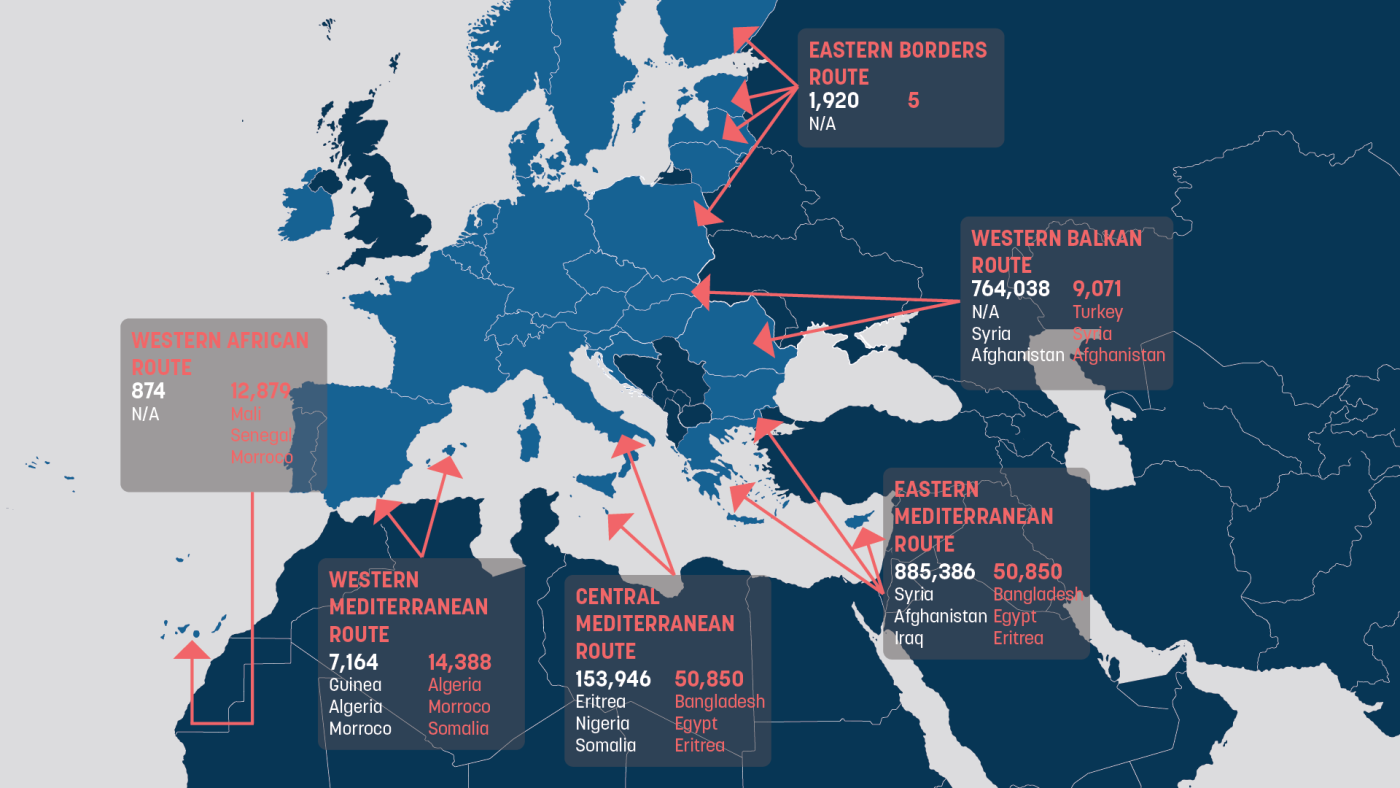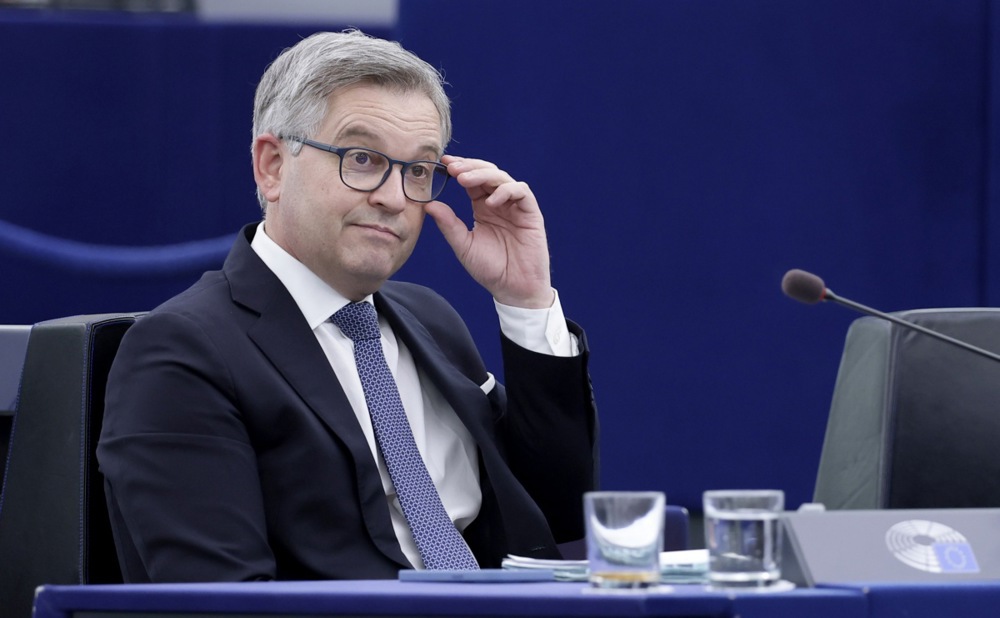Brussels braces for another north–south migration clash
Commission’s first migration management report rekindles tensions over who pays and who hosts asylum seekers
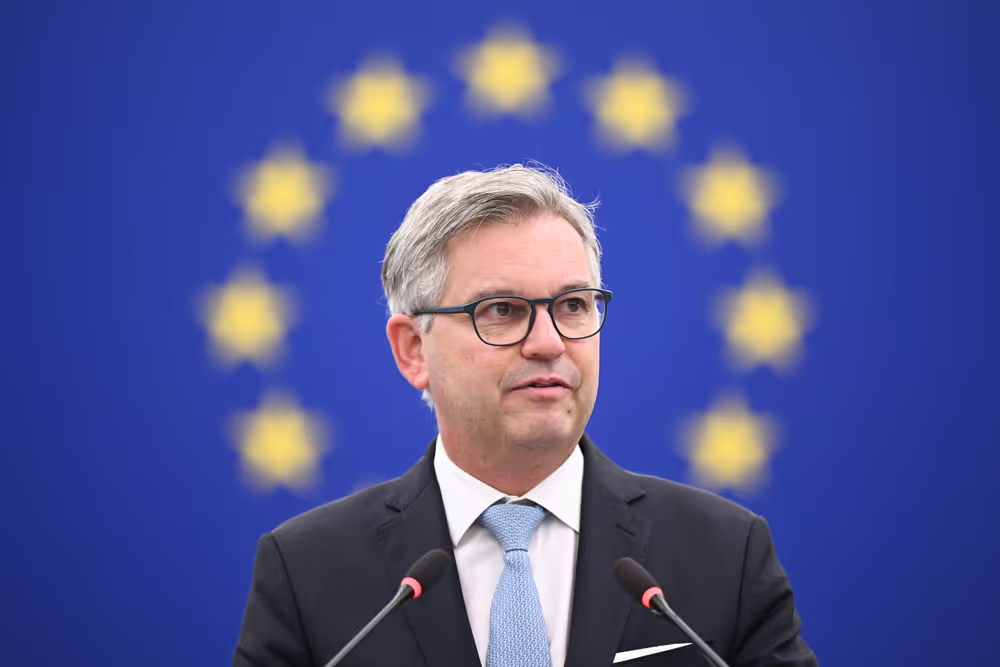
Brussels is bracing for renewed tensions between northern and southern EU countries as the Commission rolls out the first annual “migration management cycle” – a key test of the bloc’s new asylum pact.
On Tuesday, the European Commission launched its first annual migration management cycle report, part of the Pact on Migration and Asylum’s implementation plan, which is set to take effect in June 2026. The new system, years in the making, is meant to transform political wrangling into concrete, burden-sharing among EU countries.
At the heart of the package is the so-called “solidarity pool“, which will determine how much support each capital must provide to those under migratory pressure.
Options available
Governments can choose how to contribute – through relocations, financial aid, or alternative measures such as personnel or equipment. But once the Council signs off, those commitments become binding. The pact’s rules require the relocation of at least 30,000 asylum seekers, with capitals able to opt instead for a financial contribution of €20,000 per person.
According to the Commission’s assessment, Greece, Cyprus, Spain, and Italy are currently under migratory pressure and will be eligible for solidarity once the pact applies. A second group, including Belgium, Germany, France, Croatia, Poland, and Finland, is considered “at risk” and will have priority access to operational and financial support – but will not be exempt from contributing.
Others, such as Austria, Bulgaria, Czechia, Estonia, and Poland, face what Brussels calls a “significant migratory situation,” allowing them to request deductions from their contributions from next year. Countries can appear in more than one category, as the Commission’s assessment reflects different types of migratory pressure and operational challenges.
Rifts in the making
The publication of the package — delayed by a month — is already fuelling tensions between northern and southern capitals. Several governments expected to contribute accuse frontline states of failing to uphold EU asylum rules.
In a letter last month, Belgium and the Netherlands urged the Commission to make compliance with the Dublin Regulation a condition for receiving support, warning that systemic shortcomings could justify withholding contributions.
Countries such as Italy and Greece, on the front line of Mediterranean arrivals, are often the destination for Dublin “returns” – migrants sent back to the country of first entry – but have long struggled to process them. Northern states argue that this failure leaves them with a disproportionate share of asylum seekers who move onward within the EU.
“Italy will have of course access to the solidarity pool, but it also has to respect, of course the obligations on the other side of the Pact when it comes to responsibility,” Magnus Brunner, the EU’s migration commissioner, said on Tuesday.
The Council will now convene a “High-Level Solidarity Forum”, where governments will pledge their contributions before adopting the final decision.
(aw)

